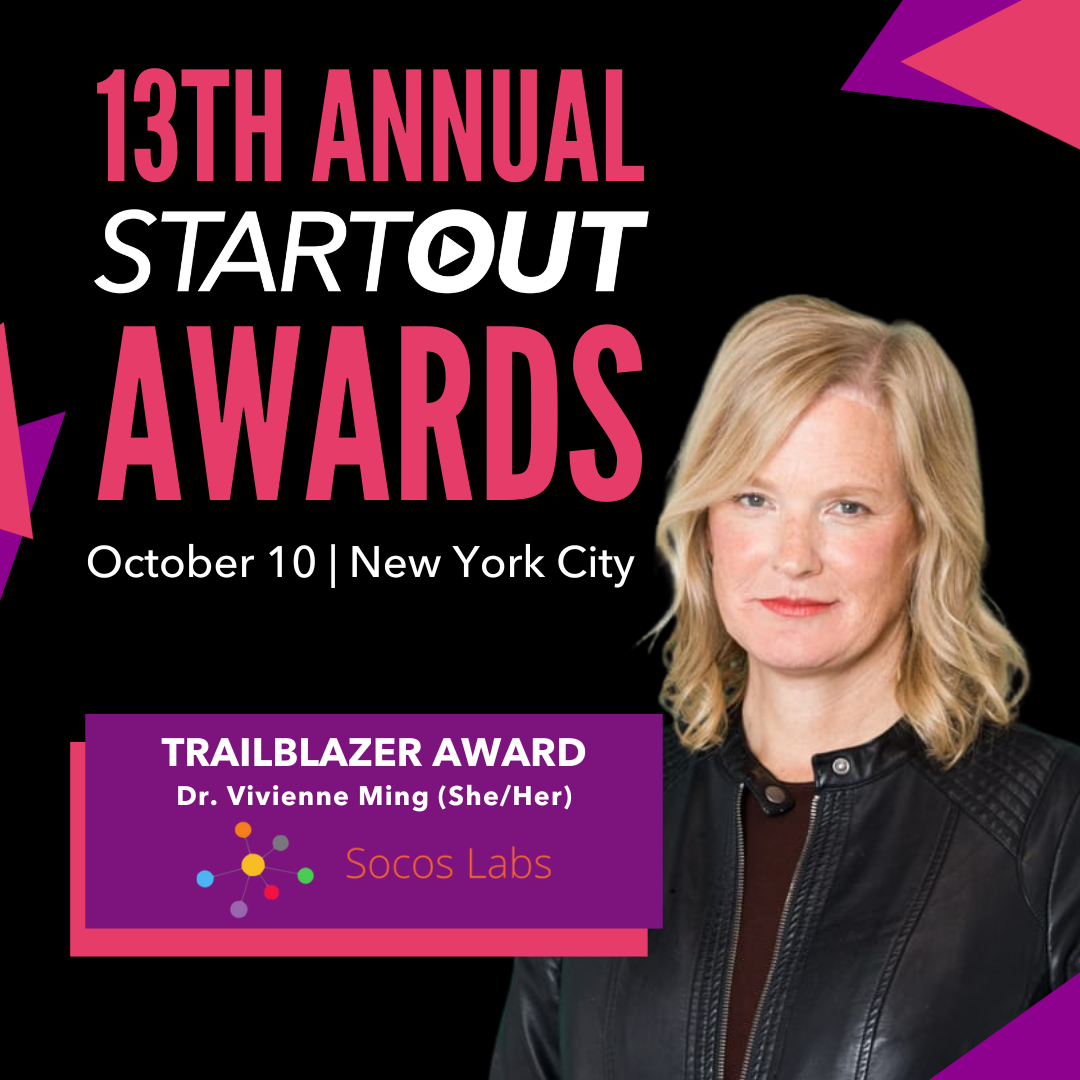Like, Share, Subscribe shall be the whole of the law!

This week we look at how the stories we tell about ourselves shape the collective
<<Support my work: book a keynote or briefing!>>
Want to support my work but don't need a keynote from a mad scientist? Become a paid subscriber to this newsletter and recommend to friends!
Research Roundup
When they go low... Like, Share, and Subscribe!
The fault, dear followers, is not in our algorithms,
But in ourselves, that we suffer terrible social media.
Even as users claim to prefer post the engage with policy and understanding, “dismissing tweets received more Likes and Retweets than tweets that engaged constructively with opponents”. Even though influencers reward “dismissing posts because, unlike most people, they prefer them”, most users “admit that they too reward dismissing posts more”.
That’s not to say that we should let “influencers” off the hook. Just “2107 registered US voters…account for 80% of the fake news shared on Twitter during the 2020 US presidential election by an entire panel of 664,391 voters” reaching “5.2% of registered voters”. Who are they?
“Women, older adults, and registered Republicans” are significantly overrepresented.
Why do we keep choosing a product that hurts us?
Belief vs Beliefs
We’re all capable of distinguishing truth from lies, but it seems that sharing lies online is less about believing and more about beliefs.
While people across the political spectrum “were aware of how well they distinguished accurate political information from falsehood”…conservatives’ [metacognitive] self-assessment was lower for “statements that were at odds with their political views”. In other words, they (and frankly many on the left as well) lose touch with their BS detector when they really, really want something to be true.
An example of a cherished false truth are the stereotypes of overgeneralizations we all maintain about the other side. But these over generalizations actually cause “perceived polarization [to be] substantially greater than actual polarization”. People hold these overgeneralizations “as long as they were true more often of the target party (e.g., Democrats favor affirmative action)”, even if they are aware that few people actually hold those beliefs. Worse, people tend to draw overgeneralizations from the claims of “political elites” regardless of personal exposure. The overgeneralizations led to further “polarized judgments”.
For the qualitative political scientists out there: does this suggest that we make political judgements based on likelihood ratios? Follow up question: how could that possibly be a good thing?
Weekly Indulgence

Stage & Screen
- September 26, Wyoming: Teton Leadership Center Fall Summit on Human Intelligence
- October 9-10, NYC: 2 events in one–I'm back at the UN speaking at GlobalMindED
- then receiving StartOut's Trailblazer Award – Buy at ticket!!!
- October 23, Toronto: Let's spend the day together at Metropolitan University's Future of Work conference
If your company, university, or conference just happen to be in one of the above locations and want the "best keynote I've ever heard" (shockingly spoken by multiple audiences last year)?
SciFi, Fantasy, & Me
I wrote a thought piece several years ago called "The Marketplace of Things" where I took the highly centralized "internet of things" concept and speculated on the emergent properties of a building composed of smart devices all trading information and functionality with one another in service of their cost differing functions. Enter Alien Clay and yet another recommendation for an Adrian Tchaikovsky novel. Suffice to say, if you like Children of Time or are just curious about other forms of intelligence, you’ll probably find the mystery of this world engrossing.
Vivienne L'Ecuyer Ming
| Follow more of my work at | |
|---|---|
| Socos Labs | The Human Trust |
| Dionysus Health | Optoceutics |
| RFK Human Rights | UCL Business School of Global Health |
| Crisis Venture Studios | Inclusion Impact Index |
| Neurotech Collider Hub at UC Berkeley | GenderCool |